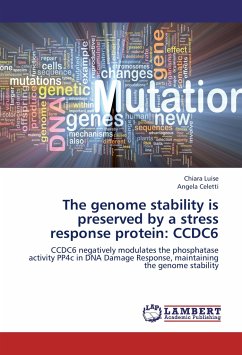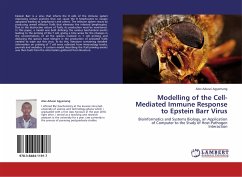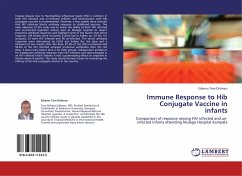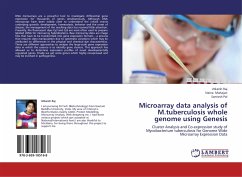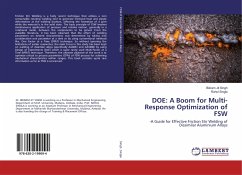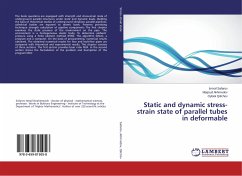The maintenance of genomic stability is beneficial for the survival of an individual cell and crucial for cancer avoidance. Cells invest huge resources to maintain genomic stability, and cancer cells undergo an array of genetic changes to escape these barriers. The initiation of carcinogenesis represents a mutational event, which in most instances occurs despite functional DNA damage response (DDR) mechanisms. This dissertation aims to study the mechanisms of chromosomal instability in tumor development. We intend to investigate the role of CCDC6, a gene frequently rearranged with RET and with genes other than RET in several tumors, in the signal transduction pathway activated by DNA damage. Remarkably, in most cancers harboring CCDC6 gene fusions, the product of the normal allele is supposed to be functionally impaired or absent. In this work, we have explored the consequences of CCDC6 gene product loss or inactivation in the carcinogenetic process. We report that CCDC6 is a stress response protein that sustains DNA damage checkpoint and contributes to genome stability maintenance by modulating PP4c activity directed toward the pH2AX dephosphorylation in response to DNA damage.

